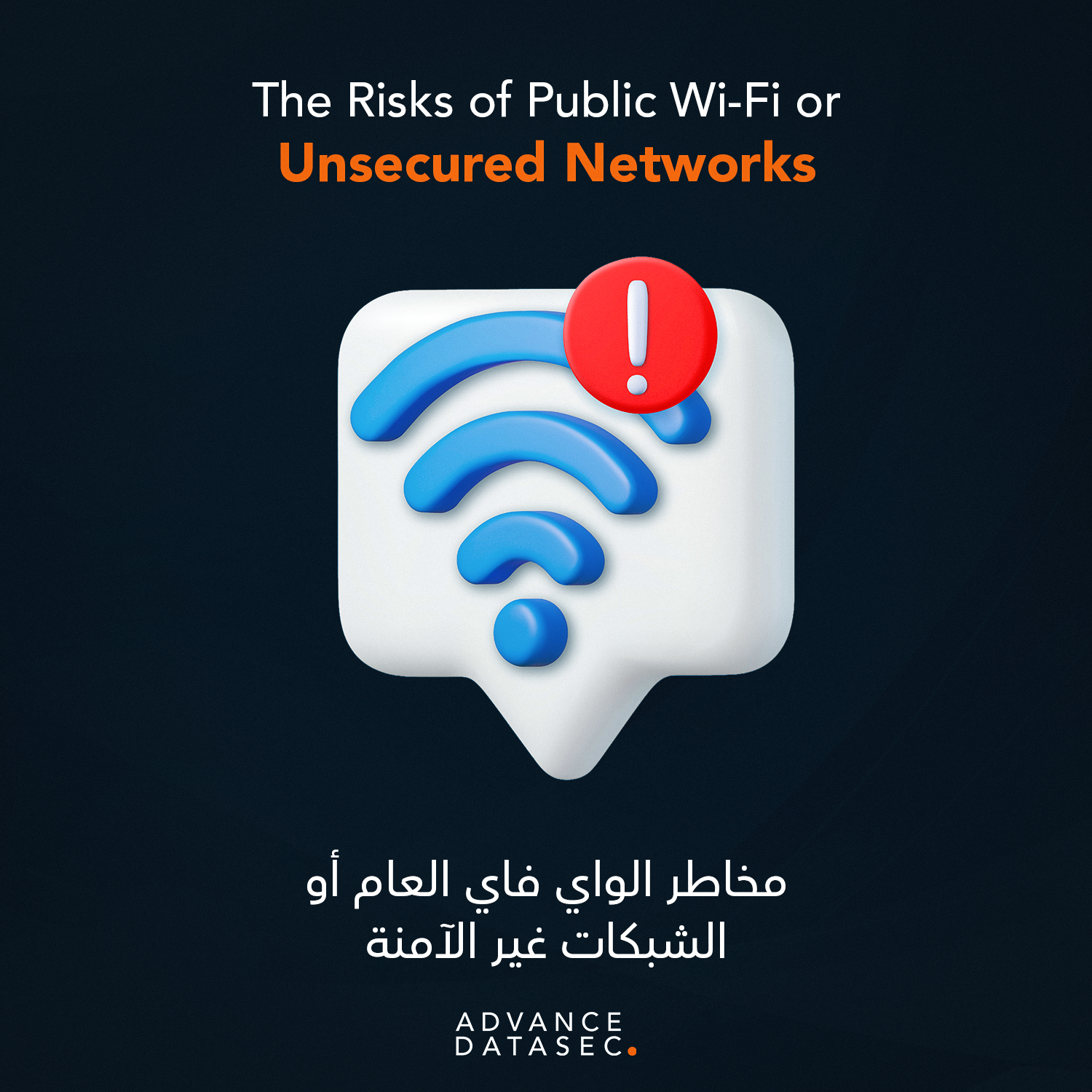The Kingdom of Saudi Arabia, with its ambitious Vision 2030, is undergoing an unprecedented digital transformation. This rapid shift, while promising prosperity and innovation, has also opened the door to a growing and complex array of cyber threats. From state-sponsored attacks to financially motivated cybercrime, the nation’s critical infrastructure, businesses, and citizens are increasingly under siege. Understanding the most common cyber threats is not just a matter of technical knowledge; it is a strategic imperative for safeguarding national security and economic stability.
The Evolving Threat Landscape
Saudi Arabia’s strategic geopolitical and economic position makes it a prime target. The average cost of a data breach in the Middle East has risen significantly, and Saudi Arabia accounts for a large percentage of these incidents. Cybercriminals are constantly refining their tactics, and organizations are facing a battle on multiple fronts. Here are the most common cyber threats currently impacting the Kingdom:
Ransomware Attacks: The High-Stakes Game
Ransomware remains one of the most destructive and prevalent cyber threats. Attackers encrypt a victim’s data, rendering it inaccessible, and demand a ransom for its release. In Saudi Arabia, critical sectors like energy, healthcare, and transportation are frequent targets. A successful ransomware attack can not only lead to significant financial loss but also disrupt essential services, causing operational breakdowns and threatening national security. Notorious ransomware groups like LockBit 3.0 and Cl0p have been particularly active in the region. To combat this threat, organizations must implement robust backup and recovery plans, conduct regular cybersecurity training, and deploy advanced endpoint protection solutions.
Business Email Compromise (BEC): The Art of Deception
Business Email Compromise (BEC) attacks, often fueled by social engineering, are a significant threat to Saudi businesses. Attackers impersonate executives, suppliers, or other trusted entities to trick employees into making fraudulent wire transfers or revealing sensitive information. These attacks exploit human trust rather than technical vulnerabilities. The use of AI by hackers to craft highly personalized and convincing fraudulent communications makes these scams even more difficult to detect. A strong defense strategy against BEC includes multi-factor authentication (MFA) on all email accounts, strict verification protocols for financial transactions, and continuous employee education on identifying phishing and impersonation attempts.
Cloud Security Vulnerabilities: A Shifting Risk
As Saudi businesses increasingly migrate to cloud platforms like AWS and Azure, they face a new set of risks. The primary concern is not the security of the cloud provider itself, but rather misconfigurations made by the user. A simple oversight, such as a misconfigured S3 bucket or weak access controls, can expose vast amounts of sensitive data. Some of the most significant data breaches in recent years have been traced back to these simple misconfigurations. Addressing this requires a strong focus on cloud security posture management (CSPM) and the principle of least privilege, ensuring users only have the minimum level of access necessary to perform their jobs.
Supply Chain Attacks: The Indirect Assault
In our interconnected world, a company’s cybersecurity is only as strong as its weakest link. Cybercriminals are increasingly targeting smaller vendors or software suppliers in the supply chain to gain access to a larger, more lucrative target. This is an increasingly common tactic among the most common cyber threats in Saudi Arabia, given the reliance on regional and global partners for logistics and software. If a third-party vendor is compromised, attackers can use that access to move laterally into a company’s core network. Organizations must therefore vet their vendors thoroughly, ensure contractual obligations for security standards, and implement network segmentation to isolate third-party access.
State-Sponsored Cyber Espionage: Geopolitical Tensions
Saudi Arabia’s prominent role in global energy markets and its ambitious national projects like NEOM make it a target for state-sponsored cyber espionage. These advanced persistent threats (APTs), often attributed to geopolitical rivals, aim to steal classified information, disrupt critical infrastructure, or destabilize the nation. The infamous Shamoon malware attacks in 2012 and 2016, which wiped data from thousands of computers at Saudi Aramco, serve as a stark reminder of this danger. The Kingdom has responded by establishing institutions like the National Cybersecurity Authority (NCA) to develop robust national cybersecurity strategies.
IoT and Smart City Vulnerabilities: A New Frontier of Risk
The development of smart cities like NEOM and The Line introduces a new frontier for cyber threats. IoT (Internet of Things) devices, from smart sensors to traffic systems, are often poorly secured, making them easy targets for attackers. A compromised IoT system could have devastating real-world consequences, from shutting down a smart grid to disabling traffic control, extending the risk beyond data loss to physical safety. Securing this new landscape requires a proactive approach to IoT security, including regular vulnerability assessments and strong network segmentation to prevent attacks from spreading.
As the Kingdom continues its digital evolution, the need for a comprehensive cyber defense strategy has never been more pressing. While the most common cyber threats are diverse and sophisticated, a multi-layered approach can effectively mitigate them.
What You Can Do:
- Assess and Fortify: Start with a comprehensive risk assessment to identify and protect your most critical assets.
- Invest in Technology: Deploy advanced security solutions like Endpoint Detection and Response (EDR), Security Information and Event Management (SIEM), and Web Application Firewalls (WAF) to detect and respond to threats in real time.
- Strengthen Human Defenses: The human element is often the weakest link. Implement ongoing cybersecurity awareness training for all employees to help them recognize and report threats like phishing and social engineering.
- Comply with Regulations: Adhere to national cybersecurity regulations like the NCA’s Essential Cybersecurity Controls (ECC) to ensure your organization meets a baseline of security standards.
- Partner with Experts: Engaging with a trusted cybersecurity partner, such as Advance Datasec, can provide the expertise and resources needed to build a resilient and robust security posture. Their comprehensive services, from offensive and defensive security to consultation and training, can help your organization proactively defend against the ever-present threat of cyberattacks.
By proactively addressing these challenges and fostering a culture of cybersecurity awareness, Saudi Arabia can not only mitigate the most common cyber threats but also ensure a safe and prosperous digital future for its citizens and businesses.
For more articles:








